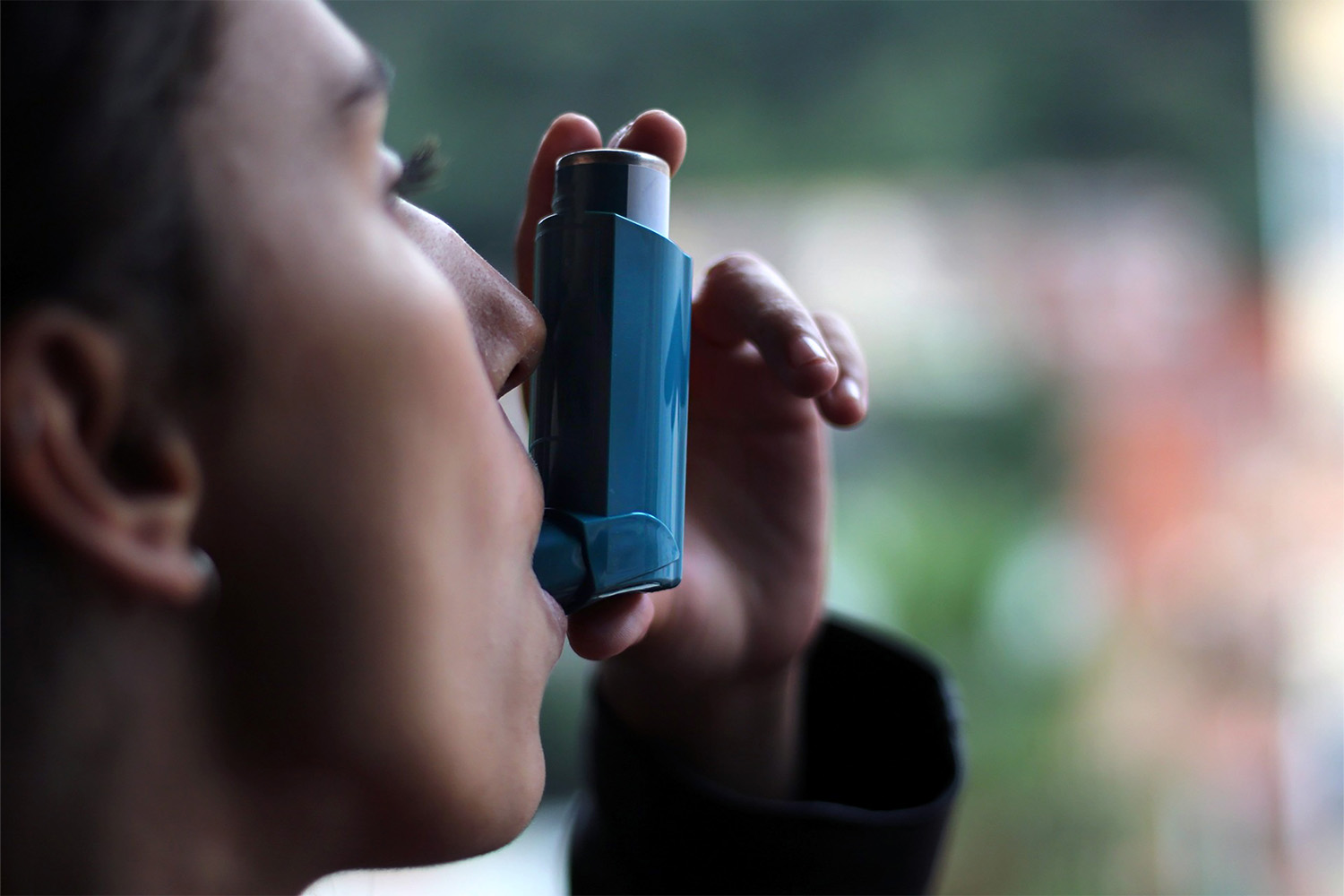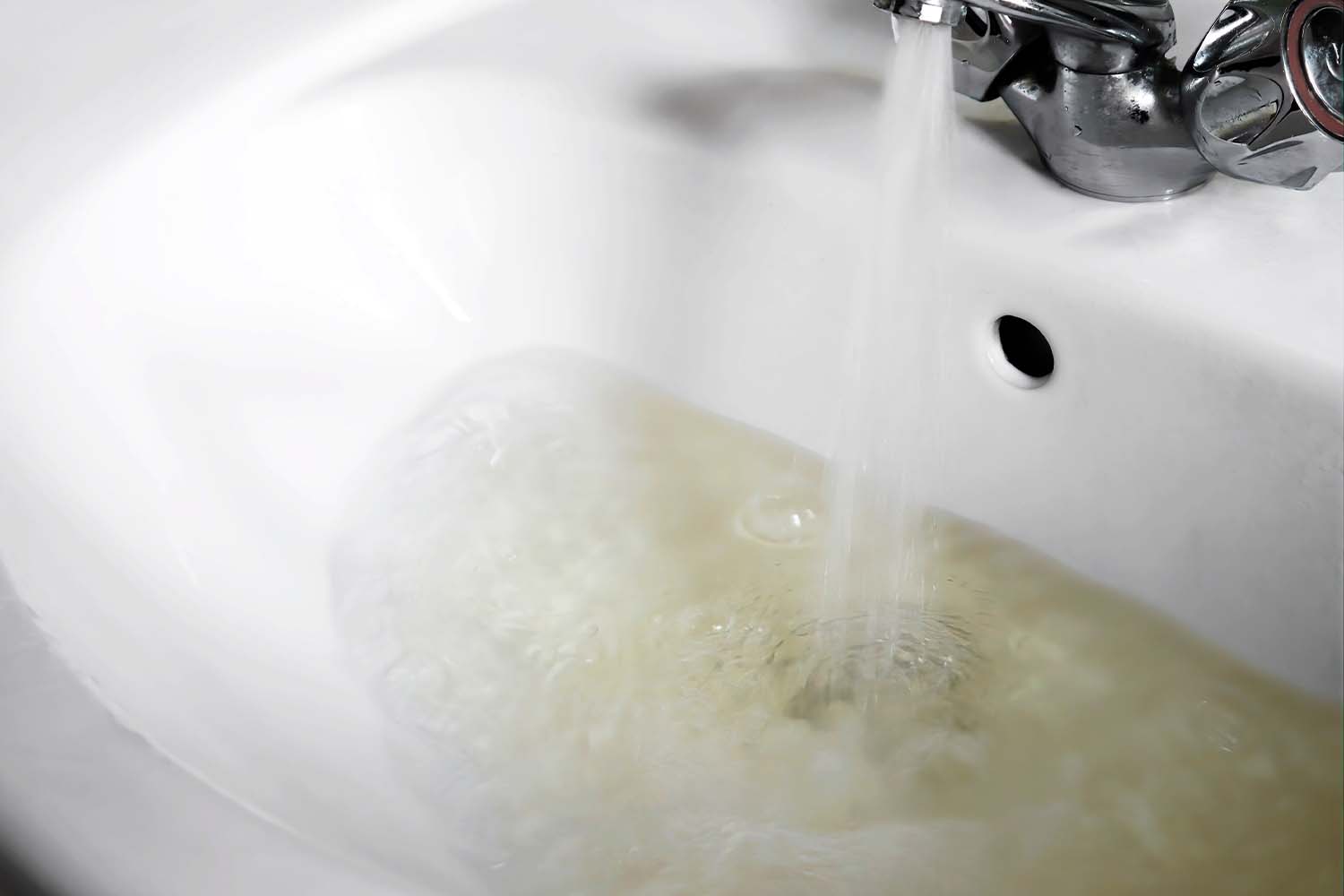
With the passage of the Sergeant First Class Heath Robinson Honoring our Promise to Address Comprehensive Toxics Act of 2022, or the PACT Act, the Department of Veterans Affairs has added more than 20 new
Read Full Article
Millions of American Veterans experience respiratory and sleep-related disorders every year. Among the many disorders Veterans experience, asthma and sleep apnea are among the most common and disruptive. If you experience either or both of
Read Full Article
America’s Veterans deserve honored places to rest, whether they die in action or at home surrounded by loved ones. That’s why Veteran family members can and should pursue Veterans burial benefits. These provide financial assistance
Read Full Article
Knee tendonitis affects thousands of Veterans every year. This chronic condition can be quite serious and can limit a Veteran’s mobility, enjoyment of life, and even the types of jobs they can hold in the
Read Full Article
Many Veterans still feel the ramifications of the Vietnam War today. Most Americans already know about Agent Orange and how exposure to this toxic herbicide has led to many long-lasting health complications for Veterans. However,
Read Full Article
In the 1950s, the water at Camp Lejeune became dangerously contaminated by chemical solvents used in dry cleaning procedures. Over the course of three decades, these chemicals, known as trichloroethylene (TCE) and tetrachloroethylene (perchloroethylene or
Read Full Article
The water contamination scandal at Camp Lejeune, a United States Marine Corps base in North Carolina, has left a trail of devastation in its wake. Between 1953 and 1987, the water supply at the base
Read Full Article
For over three decades, contaminated drinking water exposed thousands upon thousands of Veterans, their families, and civilian workers at the United States Marine Corps Base Camp Lejeune in North Carolina to a variety of toxic
Read Full Article
It’s estimated that over 900,000 service members were exposed to contaminated drinking water while serving at Camp Lejeune in the period from 1953 to 1987. The effect on those military members has been widely publicized.
Read Full Article
The short answer to this question is yes…it is possible that toxic chemicals can contribute to low testosterone levels, especially for those who served at Camp Lejeune during a designated timeframe. Endocrine Disruptors Can Cause
Read Full ArticleOur monthly newsletter features about important and up-to-date veterans' law news, keeping you informed about the changes that matter.